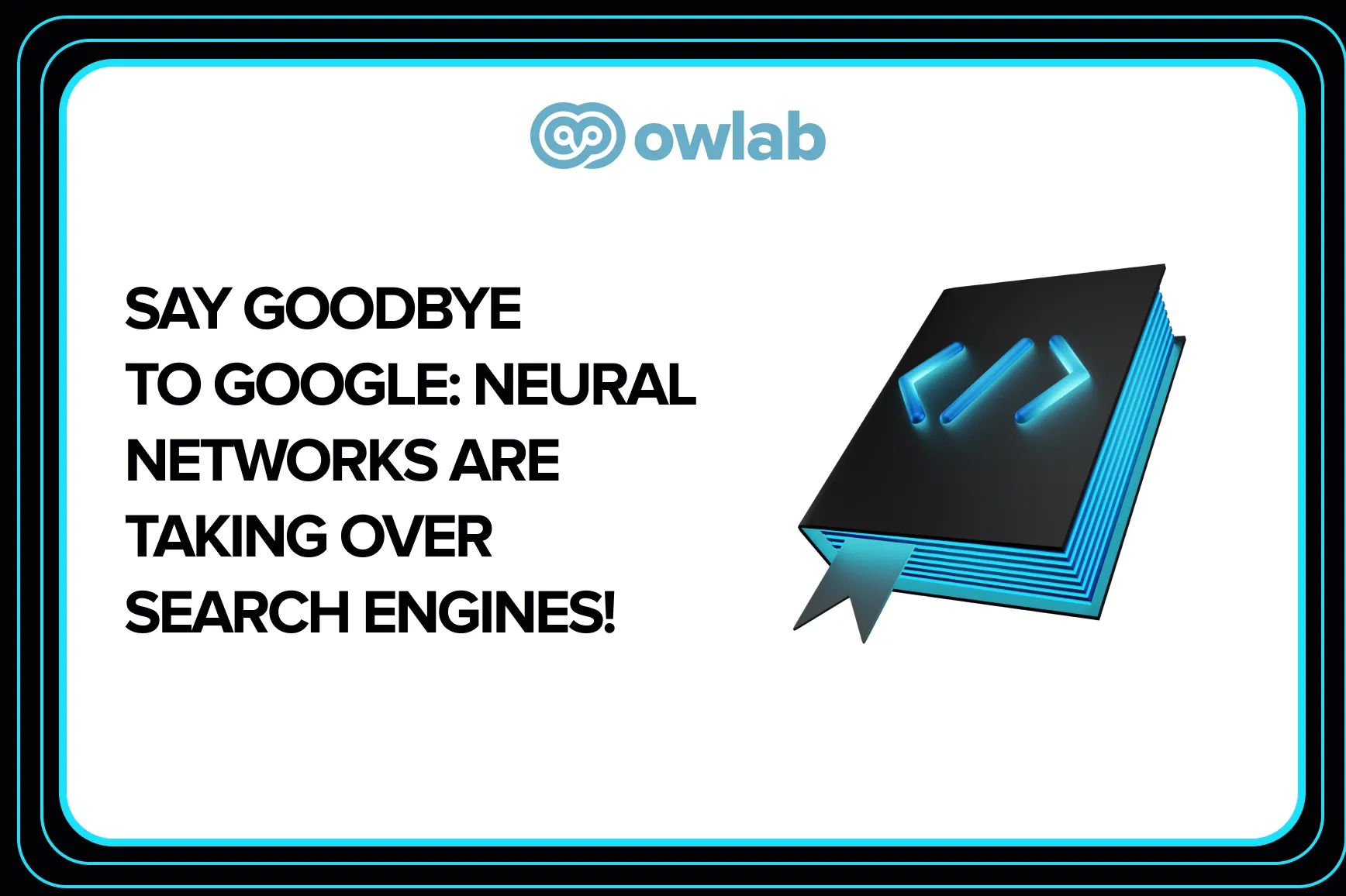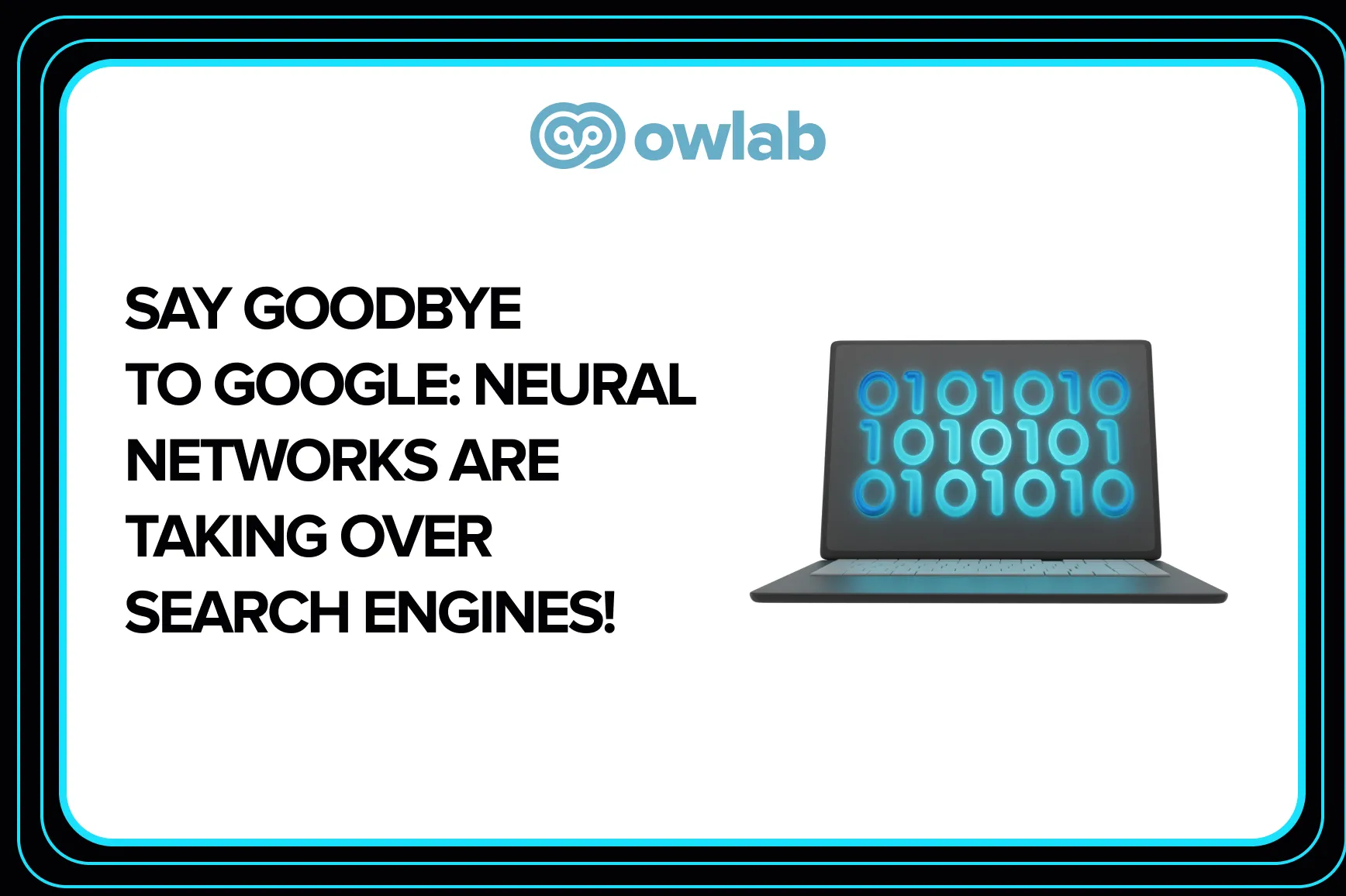We've all used Google, Bing, and Yahoo, but have you ever wondered if there's a better way to search the web? Enter neural networks, the latest players in the search engine game! These artificial intelligence wonders are taking the world by storm, and they're ready to change the way we search for information.
Have Search Engines Lost to Neural Networks?

So, what exactly are artificial neural networks (ANN) and how do they work? Put simply, they are complex algorithms designed to process and analyze vast amounts of data in a fraction of the time it would take a traditional search engine. With the help of machine learning, they can understand human queries and provide relevant results in real-time.
Why should we consider switching to neural nets for our search needs? For starters, they are incredibly fast and efficient. Instead of sifting through billions of web pages, ANN can analyze data in a matter of seconds. And let's be real, who has the patience to scroll through page after page of irrelevant search results?
Already today, neural nets such as ChatGPT can quickly give out the necessary information, answer questions, or even write code at the level of a junior! Moreover, the universities equated this neural network with cheating, because with the help of it more than 35% of students already pass all exams and term papers.
Neural Network Capabilities as a Search Engine
ANNs also have the ability to understand natural language. This means you can say goodbye to those awkward keyword searches and hello to more natural, conversational queries. For example, you can simply ask, "Where can I find the best coffee shop near me?" and voila, the neural net will show you the top options in your area.
Not to mention, artificial neural nets are constantly learning and improving. With the help of machine learning, they can adapt to user behavior and provide even more relevant results over time. So, the next time you search for the best pizza place in town, the neural network will not only show you the top-rated pizzerias but also give you recommendations based on your location and previous searches.
Limitations of Neural Network
But before we say goodbye to Google and friends, let's take a moment to discuss the limitations of ANNs. For starters, they can only provide results based on the data they have been trained on.
Another issue with neural nets is that they can be prone to errors and inconsistencies. For example, they may not always understand the context of a query or may provide irrelevant results. This can lead to frustration and a less than optimal search experience.
Understanding these limitations is crucial in determining the suitability of neural nets for specific tasks and applications. Here are some of the most commonly cited limitations of artificial neural networks and the pros/cons associated with each.
Pros and Cons of Neural Networks

Pros:
- Accuracy: They can make highly accurate predictions and decisions based on large amounts of data.
- Flexibility: ANNs can be used for a wide range of tasks, from image recognition to natural language processing.
- Automation: Artificial neural networks can automate tasks that would otherwise require manual intervention, freeing up time and resources.
- Continuous Learning: They can continue to learn and improve over time, providing more accurate results as more data becomes available.
Cons:
- Data Bias: ANN can only provide results based on the data they have been trained on. If the data is biased or incomplete, the results generated by the neural network will also be biased and incomplete.
- Overfitting: They can become too specialized in the data they have been trained on, leading to poor generalization ability. This is known as overfitting.
- Lack of Explainability: ANNs are considered black boxes, meaning it is difficult to understand why they are making the decisions they are making.
- Computational Cost: Neural networks can be computationally expensive, requiring significant computational resources to train and deploy.
- Requirements for Large Amounts of Data: Neural nets require large amounts of data to train effectively. This can make it difficult to use ANNs for applications where data is limited or difficult to obtain.
Conclusion
In conclusion, the rise of neural networks is transforming the way we search for information online. By using advanced algorithms and vast amounts of data, neural nets are able to provide highly accurate and relevant results, far surpassing traditional search engines.
While there are still some limitations to the technology, it is clear that ANNs have the potential to revolutionize the way we access information and make it easier and more efficient to find what we're looking for.
So, if you're tired of scrolling through pages of irrelevant search results, it might be time to say goodbye to Google and hello to the future of search engines powered by neural networks. And, as a final note, don't forget to have a little fun with the change - after all, with the power of artificial neural networks, finding the answer to "Why did the tomato turn red?" has never been easier!
P.S.
- “Why did the AI system refuse to play chess with the neural network?”
- “Because it was afraid of getting outsmarted!”